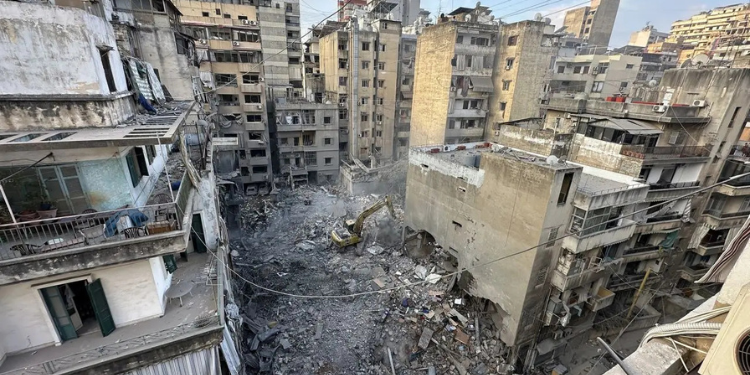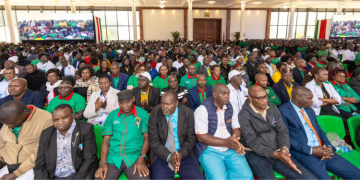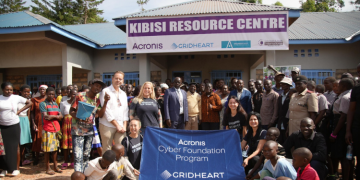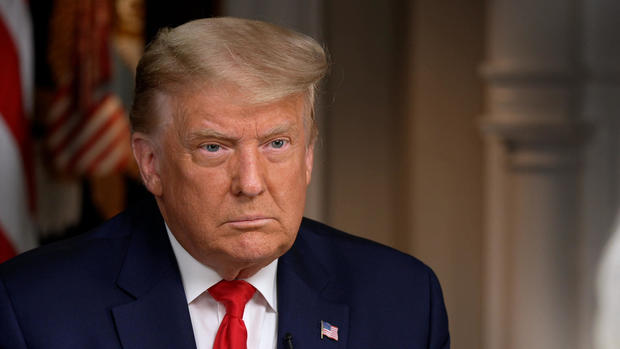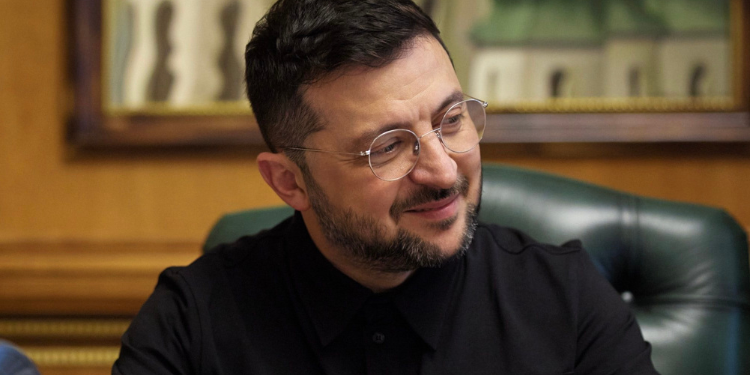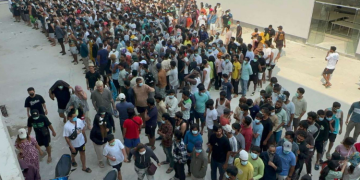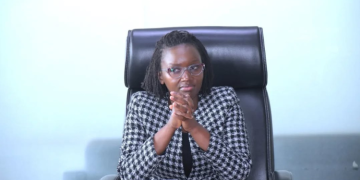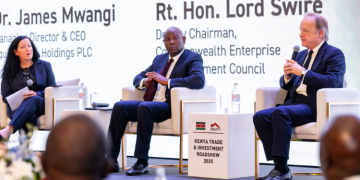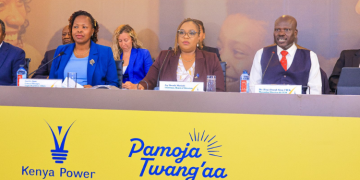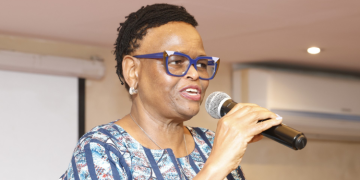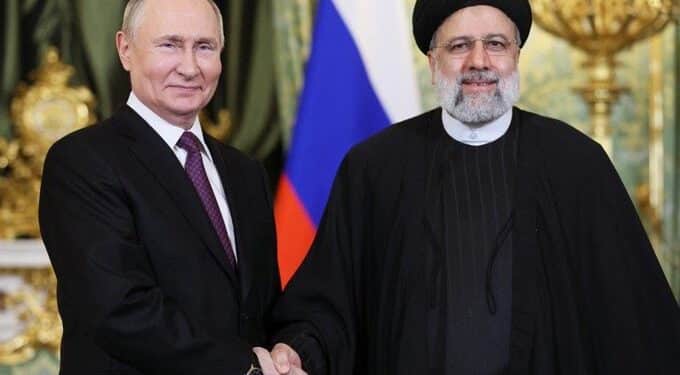Iran’s Foreign Minister Abbas Araghchi has opened up on Iran’s conditional openness to diplomacy, insisting that progress depends on U.S. behaviour.
Recent U.S. strikes on Iranian nuclear facilities, condemned by Iran as violations of international law, have escalated tensions, making negotiations more challenging.
Iran seeks guarantees that the U.S. will refrain from further military strikes, especially given the recent bombings of nuclear sites.
“The door to diplomacy remains open, but it depends entirely on how the U.S. behaves,” Araghchi said.
“In order for us to decide to reengage, we will have to first ensure that America will not revert back to targeting us in a military attack during the negotiations,” Araghchi said in an interview with an American media outlet.
Also Read: Jumia & Kilimall Reported Kenya’s Main Counterfeit Source
Before these strikes, multiple rounds of indirect talks had occurred, mediated by Oman and other parties, with the latest round in May 2025 ending without a breakthrough.
Iran has historically linked its willingness to negotiate to the lifting of U.S. sanctions, a point of contention since the U.S. withdrawal from the 2015 Joint Comprehensive Plan of Action (JCPOA) under Trump.
Iran insists on retaining its right to enrich uranium, although at low levels for civilian purposes, as stated in diplomatic talks.
“We are prepared for any agreement aimed at ensuring Iran does not pursue nuclear weapons,” Araghchi said, adding that that Iran would not accept deals depriving it of nuclear rights.
Why Iran Is Open for Talks
Iran has faced severe economic strain due to U.S.-imposed sanctions, leading to crippled Iran’s oil exports, restricted access to international financial systems, and a significant devaluation of the Iranian rial.
Inflation in Iran has soared, with the IMF estimating an annual rate of over 40% in 2025 IMF World Economic Outlook, April 2025.
Engaging in talks offers Iran a potential pathway to sanctions relief, which could unlock frozen assets (estimated at over Ksh12.95 trillion) and revive its economy.
The 2023 prisoner swap and partial release of funds, suggest that diplomacy could yield tangible economic benefits.
Also Read: Kenyan Convicted of Sexual Assault Avoids Deportation, Lands Top Minnesota State Job
Iran’s openness to talks aligns with its strategy of balancing relations with global powers. Recent meetings, such as Araghchi’s planned discussion with Russian President Vladimir Putin on June 23, 2025, indicate Iran’s efforts to strengthen ties with Russia and China as counterweights to U.S. pressure.
Important Military Programs
While Iran has developed a robust missile program and proxy networks (e.g., Hezbollah, Houthis), its conventional military is outmatched by the U.S. and its allies, including Israel. Talks could help Iran avoid a devastating military confrontation.
Iran seeks to preserve its nuclear program, particularly its right to enrich uranium for civilian purposes. Negotiations offer a chance to legitimize this program internationally while avoiding the risk of preventive strikes aimed at dismantling it.
By keeping the “door to diplomacy open,” Iran signals its interest in negotiating terms that could significantly reduce these pressures, particularly if the U.S. agrees to lift or modify sanctions as part of a nuclear deal.
Diplomacy with the U.S. could enhance Iran’s leverage in these relationships.
Follow our WhatsApp Channel and X Account for real-time news updates.
